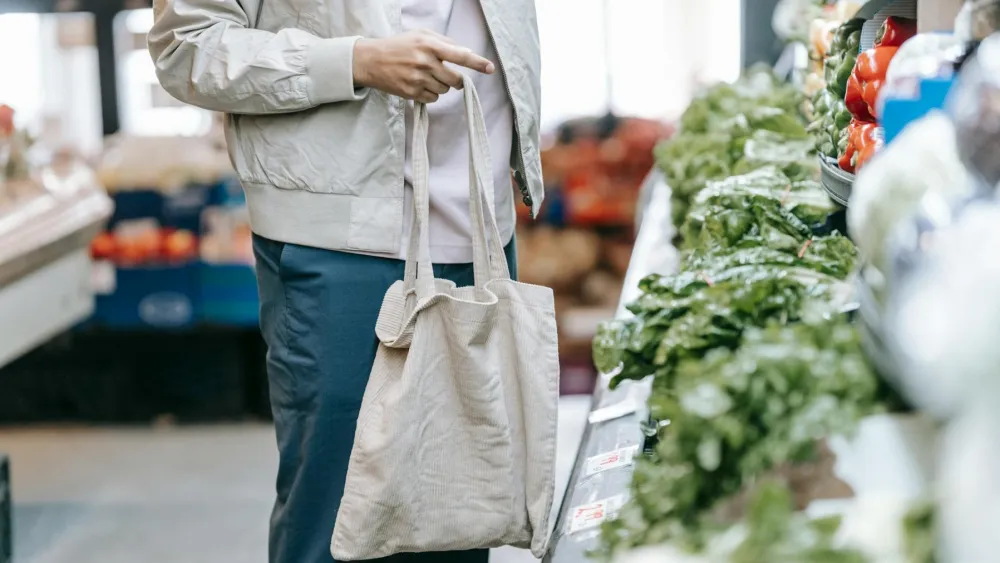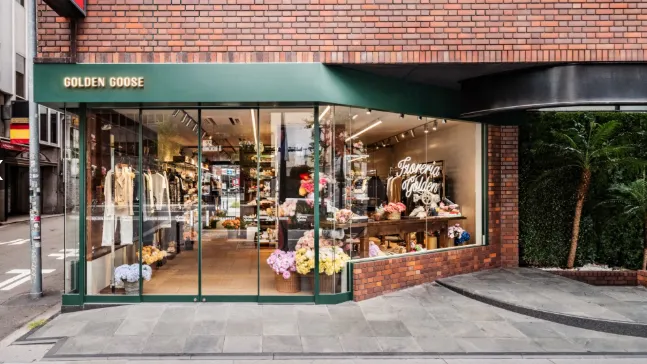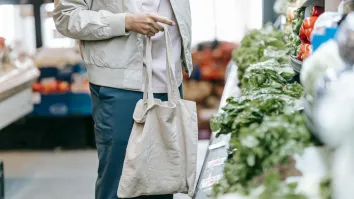Asia Pacific retail rents continue to rise
Retail rents in Asia Pacific are continuing to climb steadily, led by the cities of Tokyo and Beijing.
The CBRE Asia Pacific Rental Index recorded growth of 1.5% quarter-on-quarter in the first quarter of 2014. The period marked the Index’s ninth straight quarter of positive growth.
CBRE reported that Tokyo continued to lead rental growth, with average rents rising 3.8% quarter-on-quarter, bolstered by strong demand for prime space.
Retail space in secondary streets saw strong demand from domestic retailers edged out from core locations by international brands.
In Beijing, average rents were up by 3.7% quarter-on-quarter. Positive markets in China included Shanghai, recording 1.6% average rent growth, although this was a decline from the 3.4% quarter-on-quarter growth in the fourth quarter of 2013.
CBRE said the strongest rental growth in Q1 2014 was recorded in Ho Chi Minh City where rents surged 17% quarter-on-quarter. This was mainly due to the opening of the new Aeon mall where rents are above suburban averages.
Average rental growth in Hong Kong eased to 0.1%, but the city continues to see firm demand for retail space from local pharmacy and jewellery retailers.
In Southeast Asia, rents continued to record steady increases following the expansion or new entry of international retailers.
Prime rents in Jakarta increased 0.3% with steady demand from mid-range fashion and F&B retailers and strong leasing activity by domestic groups.
Prime locations in Manila registered 2.8% rental growth while overall rents were stable in Bangkok.
For Singapore, CBRE reported that leasing demand remained firm but rental growth moderated to 0.7% as retailers could be more selective with a sizable volume of new retail space completed and coming on stream.
CBRE said the APAC retail market to likely to remain relatively quiet in the first half of 2014 when compared to last year, with retailers more cautious in view of political uncertainties, a deteriorating economic outlook for China, and rising operation costs in the region for both labour and rents. Despite all of these concerns, sentiment remains strong and leasing demand is likely to pick up in the second half of the year.



















 Advertise
Advertise







